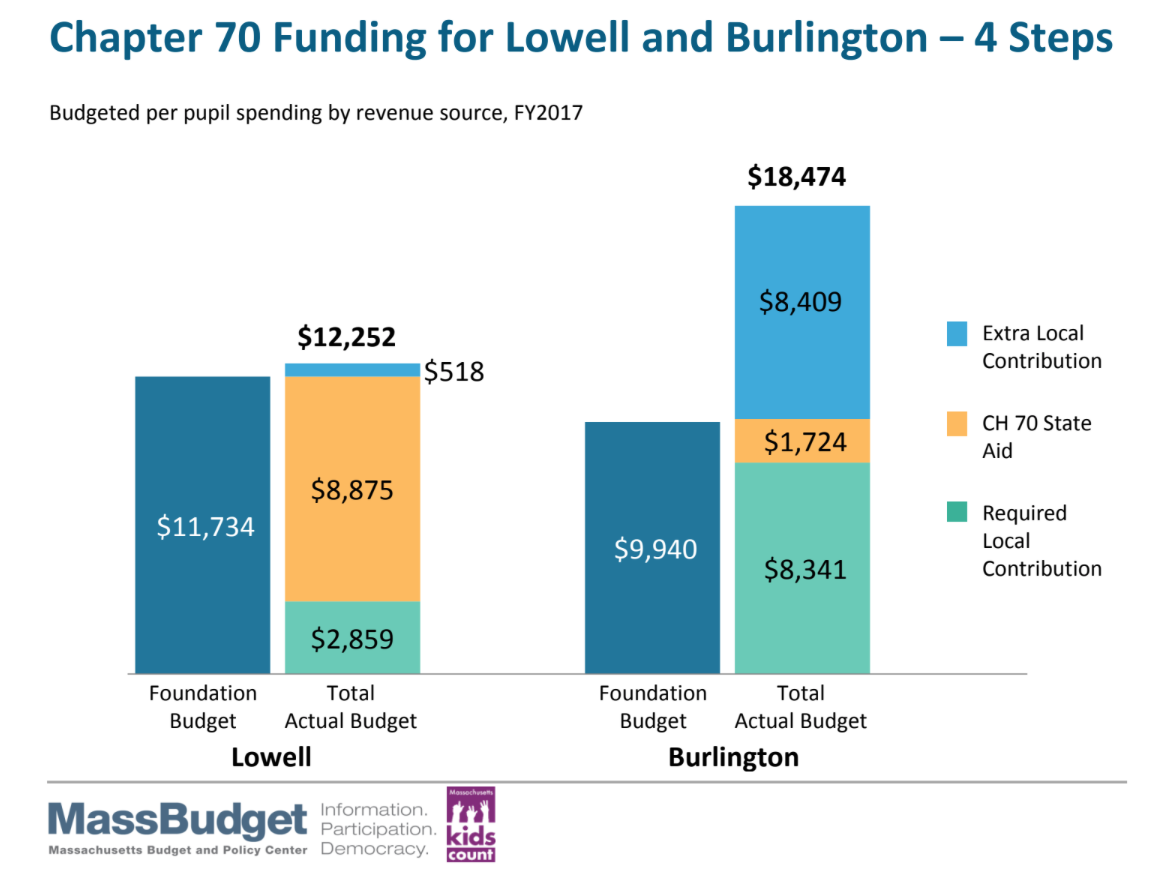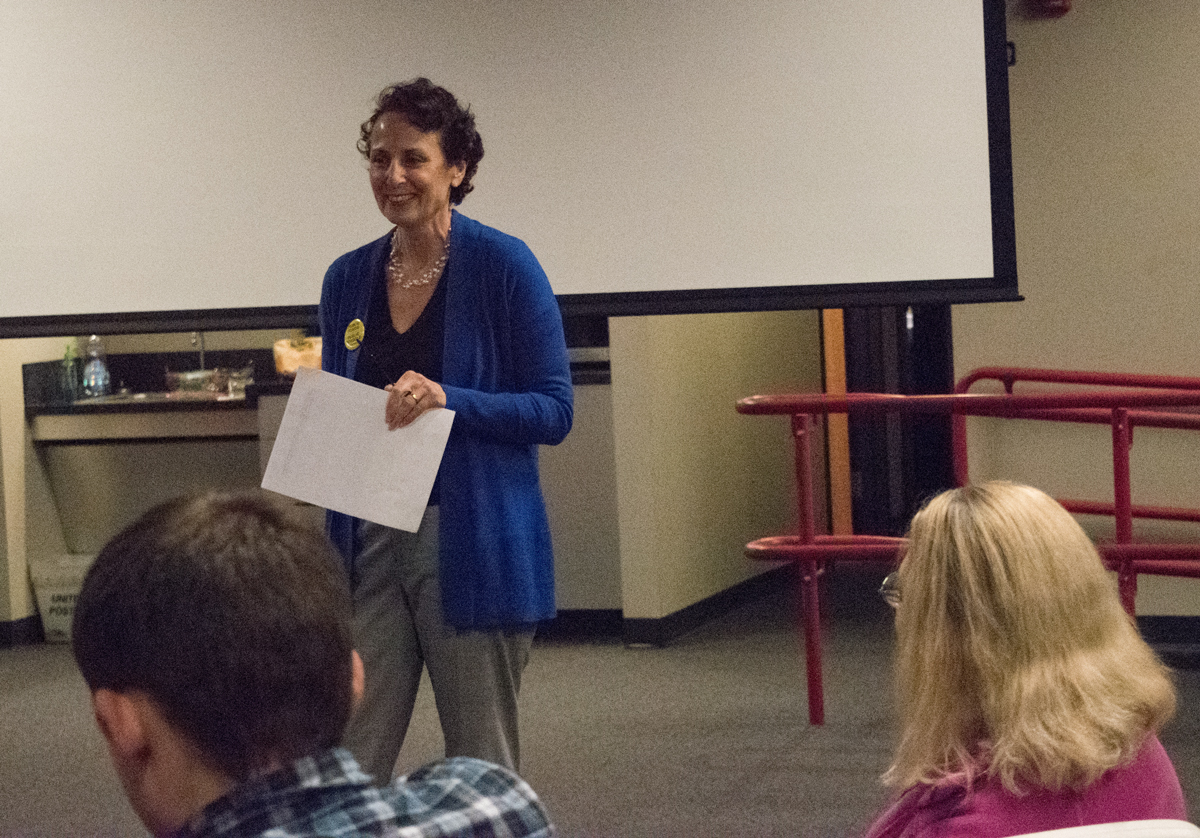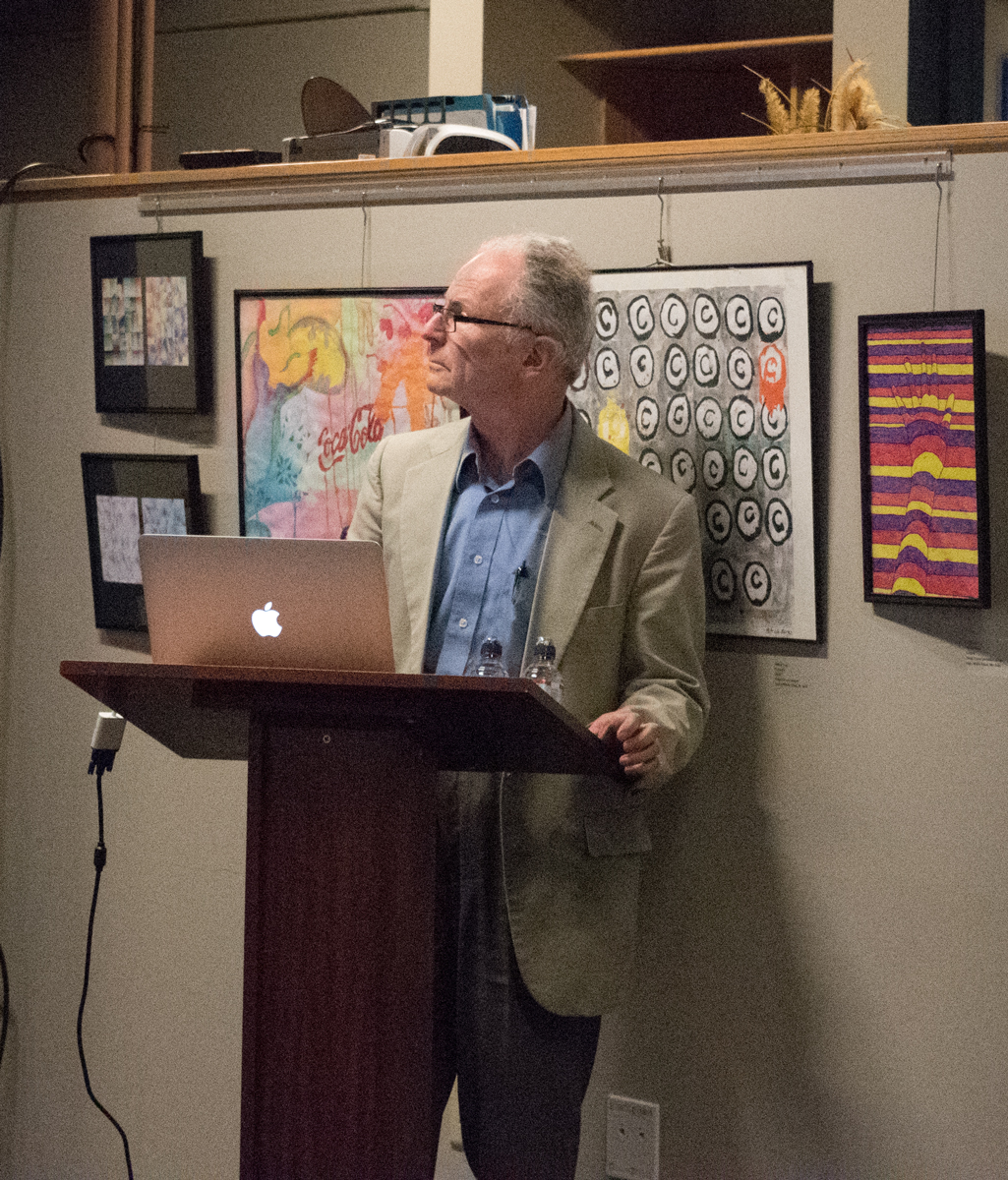Footing the Bill for Reopening Schools
Once, long ago, I had a student in my third grade classroom with severe allergies triggered by contact. The reaction to coming in contact with an allergen or with someone who had touched the allergen was severe and could result in anaphylaxis. All of the staff members who worked with this student were trained to spot triggers and how to administer an epi pen.
As is usual in such a circumstance, the student had a 504 plan. One of the protections for the student was that I, as teacher, would ensure all students cleaned their hands upon returning to our classroom - which was kept as a safe place - so as not to inadvertently bring the allergen into the classroom space. For this purpose, the 504 plan specified using hand sanitizers as students re-entered the classroom space.
These were the requirements for enabling this student to be educated, and I was responsible for implementing these safety accommodations. That is, of course, is a civil right and is outlined in the 504 guidelines which you can read here. What was not part of the plan was the provision of the hand sanitizer, which, as you might imagine with multiple cleanings and 25 students, was depleted every week.
The catch was that, as the District did not supply the hand sanitizer, I became personally responsible for purchasing it in order to ensure the 504’s provisions were being implemented properly. So what does this little anecdote from the past have to do with planning for re-opening schools in the Fall?
I’d say a lot.
School districts have not had adequate funds to operate for years. Unless something prevents them for doing so, the current Legislature will use this year’s predicted revenue shortfalls to delay increased funding of the Student Opportunity Act which was a step in correcting those shortfalls. And now we hear local predictions that state funding will be even less than the previous year.
And yet, in order to re-open schools, health experts are stipulating that schools reopen in the fall with requirements such as additional sanitizing procedures in place (more personnel, more equipment, more supplies), fewer students in already over-crowded spaces (more personnel? split schedules? more costs), hot water for hand washing (higher expenses), more soap, more bus transportation, and temperature monitoring, There will need to be modifications to just about every aspect of a school’s logistics including school facilities that have long needed attention when budgets became impossible.
And just who will supply the personnel, equipment, and supplies to keep students - and staff - safe in the classrooms? If you look at past practice as described previously, you can see the writing on the wall.
I don’t believe anyone who is advocating that schools re-open sooner rather than later has a clue about the impact of preparing for school reopenings. Just considering the funding aspect of implementing safe reopening protocols, if we cannot keep everyone safe in a building, if government entities are unwilling to pony-up the funds to ensure everyone’s safety, brick-and-mortar buildings should not reopen. That’s my opinion, plain and simple.
Not reopening our schools will have enormous impact on our students. I don’t know any educators who think remote or distant learning is the best environment for learning. My fear though is that, like my experience in providing for the intervention mandated by that 504, quite a lot of the needed supplies for new cleaning protocols will come from an educator’s personal funds.
Unless school funding matches the need to keep everyone - students and staff - safe, there should be no brick-and-mortar reopening of schools. There may be no other choice than to continue the less-than-optimal environment of remote/distance learning.

 About two weeks ago, the Massachusetts Legislature failed once again to update school funding formulae known as the "Foundation". In my opinion, this is not only a huge disappointment, it is a disservice to students, families, and public schools in 351 cities and towns across Massachusetts.Here in Lowell, the erosion of school services and supports can be traced in the budget cuts that have been necessary over the last nearly 20 years. In the late 1990s, when an elementary class size reached 25, it was common practice to assign a paraprofessional to that classroom, which allowed for more focused and individualized attention to students. In 2015, my retirement year, my grade level of 100 students and 4 classroom teachers shared 1 paraprofessional.In the 1990s and early 2000s, elementary school staff included not only a library aide, but a certified Library Media Specialist. The library was a space where students not only learned research skills, but were exposed to wonderfully diverse literature and media curated by the Library Media staff. By the mid-2000s, all but one Library Media specialist was cut from the Lowell Public Schools and school libraries were maintained by Library Media aides. This year, 2018-19, the school budget has cut all library staff in Grades Kindergarten through Grade 8 essentially closing the libraries to any students below Grade 9.These are but two examples of service cuts in Lowell. There have been many others. Teachers in Lowell spend inordinate amounts of personal money (in my own case, I spent on average of $1,000 each year and some years much more) to supply classrooms. Social workers, Speech and Language therapists, OT, PT, Special Education.... all carry larger-than-reasonable caseloads.Have municipalities like Burlington or Wellesley cut K-8 library staff and access to school libraries? Of course not. Wealthier communities make up the shortfalls in Foundation funding from their property tax base and a community that is able to afford to allocate more funds toward schools. Does that seem equitable to anyone? (read WBUR's commentary
About two weeks ago, the Massachusetts Legislature failed once again to update school funding formulae known as the "Foundation". In my opinion, this is not only a huge disappointment, it is a disservice to students, families, and public schools in 351 cities and towns across Massachusetts.Here in Lowell, the erosion of school services and supports can be traced in the budget cuts that have been necessary over the last nearly 20 years. In the late 1990s, when an elementary class size reached 25, it was common practice to assign a paraprofessional to that classroom, which allowed for more focused and individualized attention to students. In 2015, my retirement year, my grade level of 100 students and 4 classroom teachers shared 1 paraprofessional.In the 1990s and early 2000s, elementary school staff included not only a library aide, but a certified Library Media Specialist. The library was a space where students not only learned research skills, but were exposed to wonderfully diverse literature and media curated by the Library Media staff. By the mid-2000s, all but one Library Media specialist was cut from the Lowell Public Schools and school libraries were maintained by Library Media aides. This year, 2018-19, the school budget has cut all library staff in Grades Kindergarten through Grade 8 essentially closing the libraries to any students below Grade 9.These are but two examples of service cuts in Lowell. There have been many others. Teachers in Lowell spend inordinate amounts of personal money (in my own case, I spent on average of $1,000 each year and some years much more) to supply classrooms. Social workers, Speech and Language therapists, OT, PT, Special Education.... all carry larger-than-reasonable caseloads.Have municipalities like Burlington or Wellesley cut K-8 library staff and access to school libraries? Of course not. Wealthier communities make up the shortfalls in Foundation funding from their property tax base and a community that is able to afford to allocate more funds toward schools. Does that seem equitable to anyone? (read WBUR's commentary  Driven by an $18 million advertising campaign, those in favor of lifting the current cap on charter school seats have launched an all-out effort to increase the number of seats allocated to charter schools. This
Driven by an $18 million advertising campaign, those in favor of lifting the current cap on charter school seats have launched an all-out effort to increase the number of seats allocated to charter schools. This  information regarding how local funding is allocated to charter schools within a district and pointed out that our very own Commonwealth does not always fund (in fact almost never) the state budget adequately to provide the legislated reimbursement to municipal budgets. The trickle down effect of the under-funding is that traditional public school budgets and/or municipalities make up the gap in funds through their own budgets.Thinking about Lowell's budget this current year, about $17 million was paid to charter schools for Lowell students and approximately $3 million was reimbursed by the Commonwealth. That $3 million was about $1.3 million short of the state's responsibility. When there is a shortfall in the reimbursement funding, the local community must fill the gap between assessed amount and state reimbursement. In other words, a traditional public school program might need to be cut or a municipal service eliminated. Cities and towns often find themselves making difficult financial decisions because the Commonwealth does not live up to its promises.According to the DESE website, Lowell's 2016-17 assessment will be based on 1,494 students enrolled in charter schools (15,300 in traditional public schools) which represents 9.8% of the foundation enrollment. A District payment of $18,430,028 will be assessed with the mythical reimbursement of $3,708,525 from the Commonwealth IF charter reimbursements are fully funded in the state budget. And if not.... well Lowell, already tightening fiscal belts and consolidating programs, will need to find the difference somewhere in the City's budget.The Q&A session from the group continued discussion about the impact of the ballot initiative fiscally and educationally. Several raised concerns about increasing charter seats and how that might impact the proposed budget for next fiscal year. There was some surprise to learn that if a student is counted as enrolled in a charter school on October 1, but leaves to return to the city's public schools after that, the per pupil funding stays at the charter school until the next school year.There was interest in continuing informational discussions in the near future.If you, or someone you know would like to continue to be informed about this issue, we invite you to email the local group at lowellcps@gmail.com to be added to the email list. Additional information about Citizens for Public Schools and their advocacy efforts can be found on either their
information regarding how local funding is allocated to charter schools within a district and pointed out that our very own Commonwealth does not always fund (in fact almost never) the state budget adequately to provide the legislated reimbursement to municipal budgets. The trickle down effect of the under-funding is that traditional public school budgets and/or municipalities make up the gap in funds through their own budgets.Thinking about Lowell's budget this current year, about $17 million was paid to charter schools for Lowell students and approximately $3 million was reimbursed by the Commonwealth. That $3 million was about $1.3 million short of the state's responsibility. When there is a shortfall in the reimbursement funding, the local community must fill the gap between assessed amount and state reimbursement. In other words, a traditional public school program might need to be cut or a municipal service eliminated. Cities and towns often find themselves making difficult financial decisions because the Commonwealth does not live up to its promises.According to the DESE website, Lowell's 2016-17 assessment will be based on 1,494 students enrolled in charter schools (15,300 in traditional public schools) which represents 9.8% of the foundation enrollment. A District payment of $18,430,028 will be assessed with the mythical reimbursement of $3,708,525 from the Commonwealth IF charter reimbursements are fully funded in the state budget. And if not.... well Lowell, already tightening fiscal belts and consolidating programs, will need to find the difference somewhere in the City's budget.The Q&A session from the group continued discussion about the impact of the ballot initiative fiscally and educationally. Several raised concerns about increasing charter seats and how that might impact the proposed budget for next fiscal year. There was some surprise to learn that if a student is counted as enrolled in a charter school on October 1, but leaves to return to the city's public schools after that, the per pupil funding stays at the charter school until the next school year.There was interest in continuing informational discussions in the near future.If you, or someone you know would like to continue to be informed about this issue, we invite you to email the local group at lowellcps@gmail.com to be added to the email list. Additional information about Citizens for Public Schools and their advocacy efforts can be found on either their